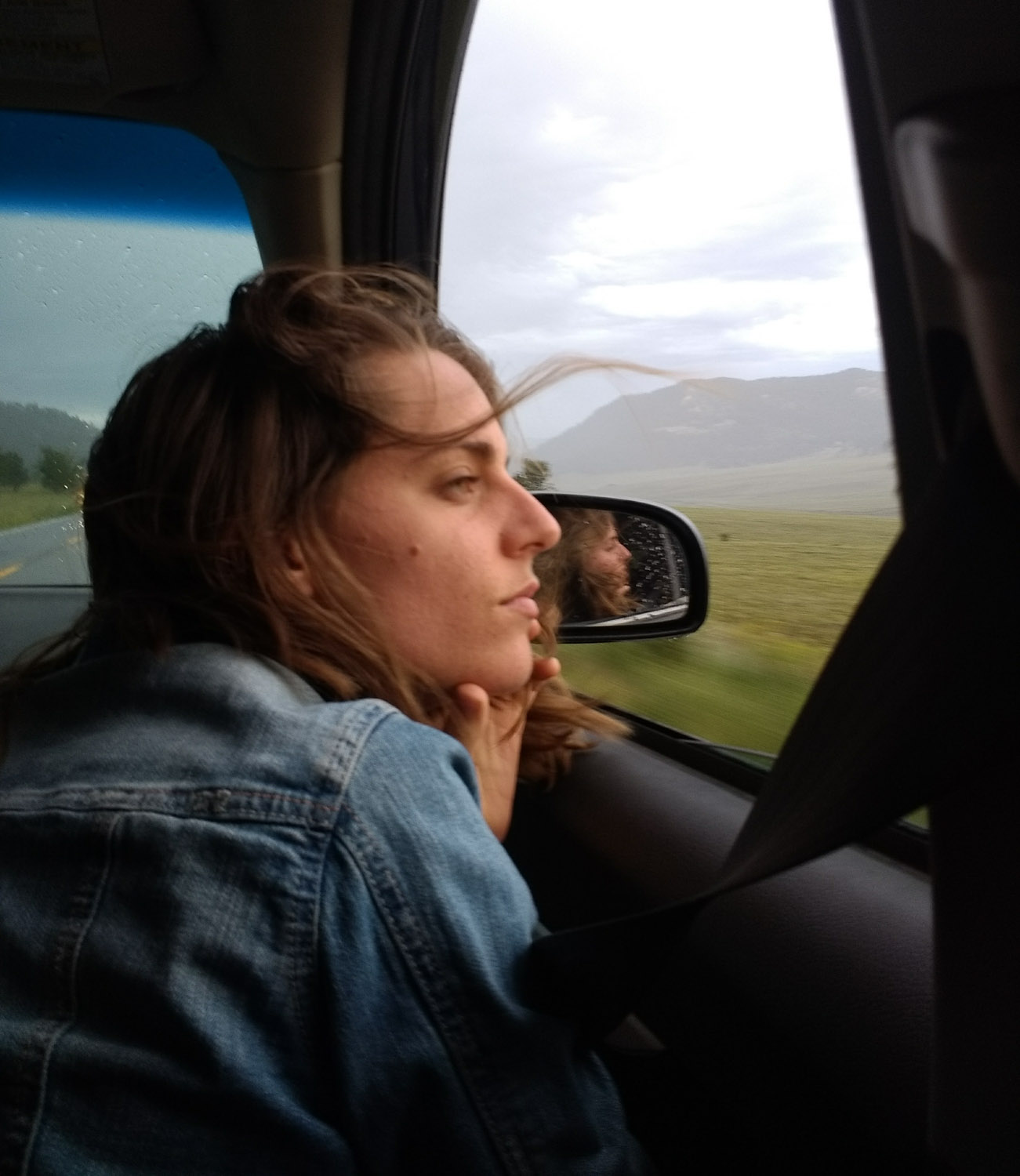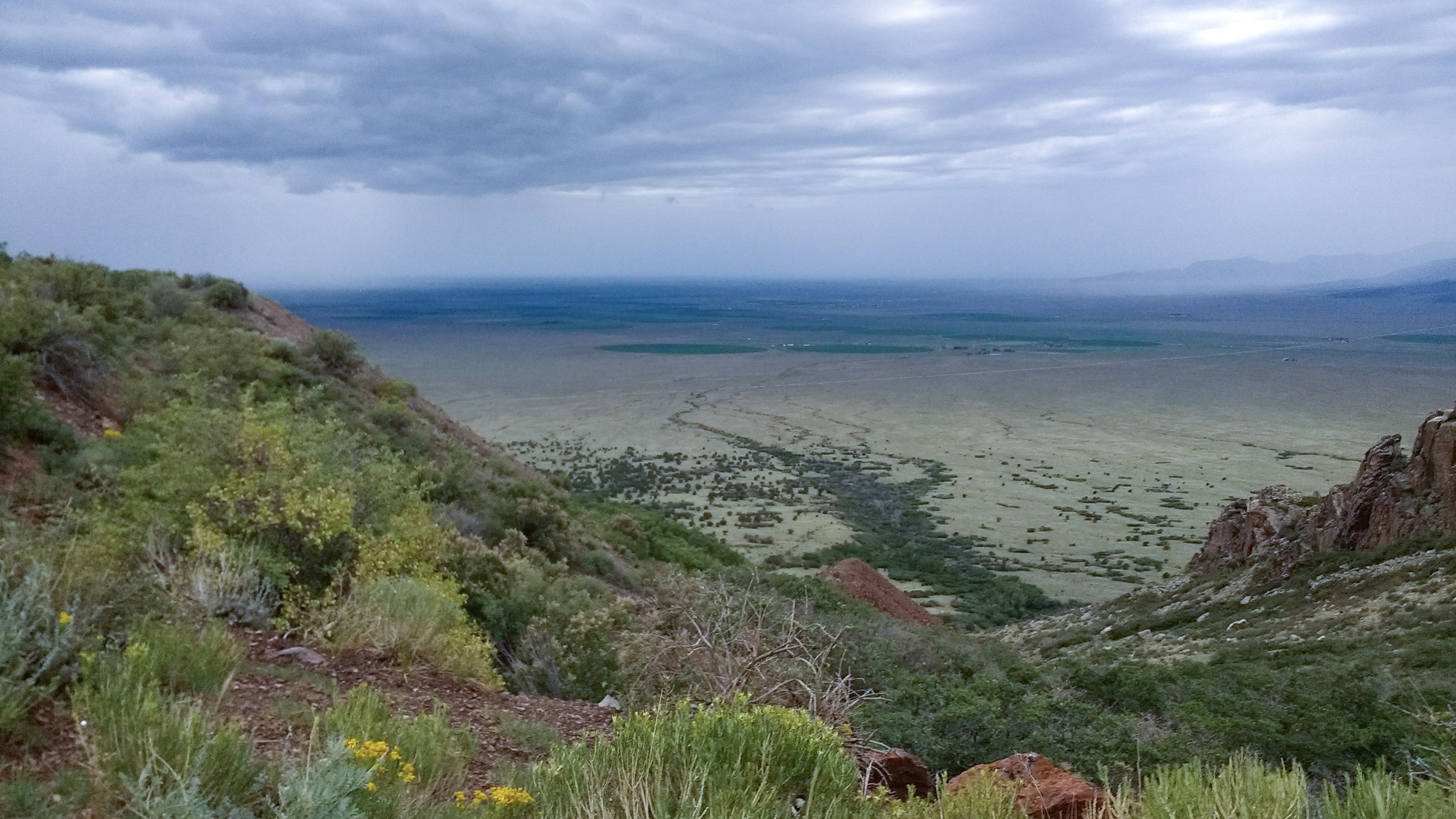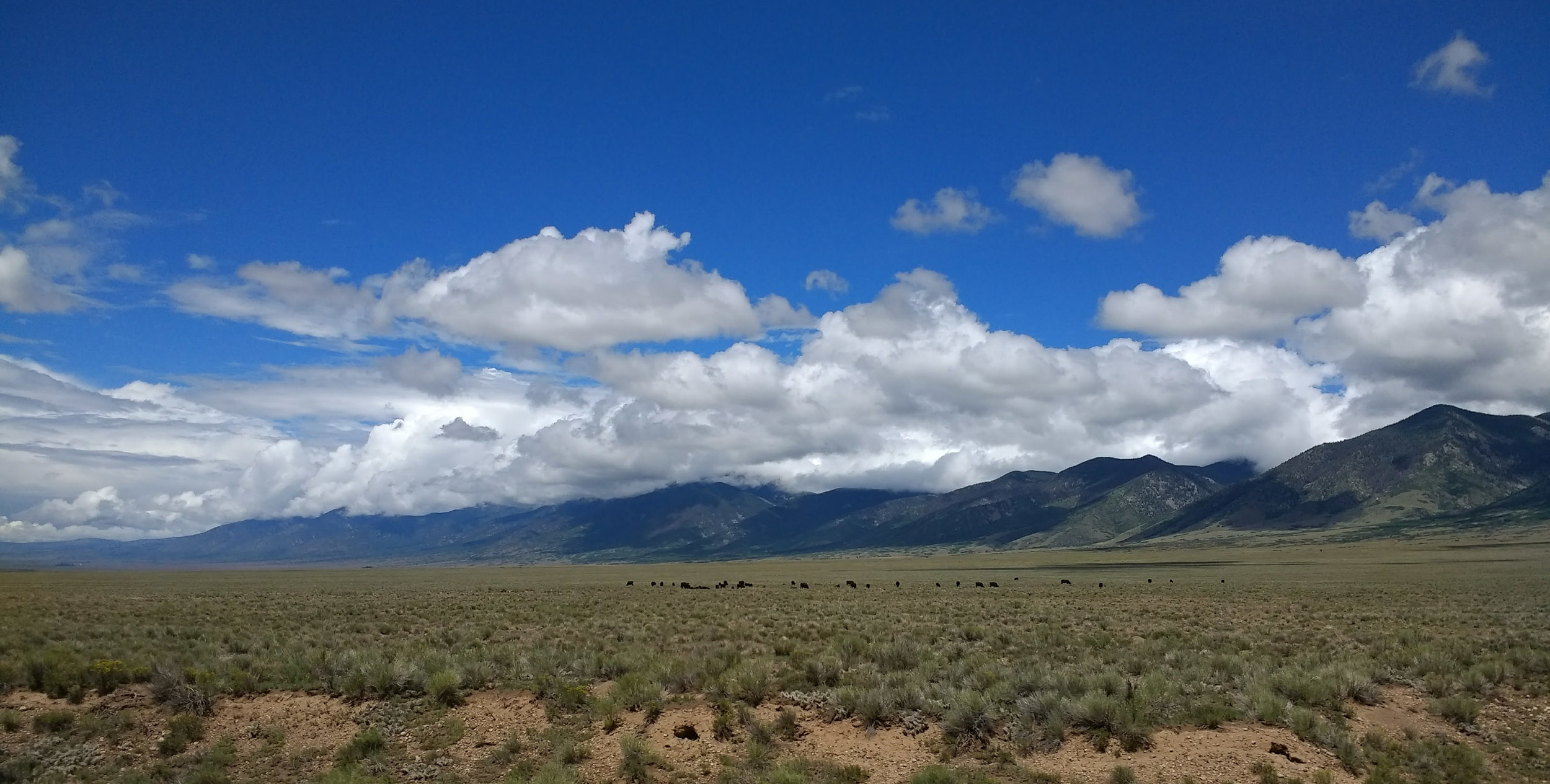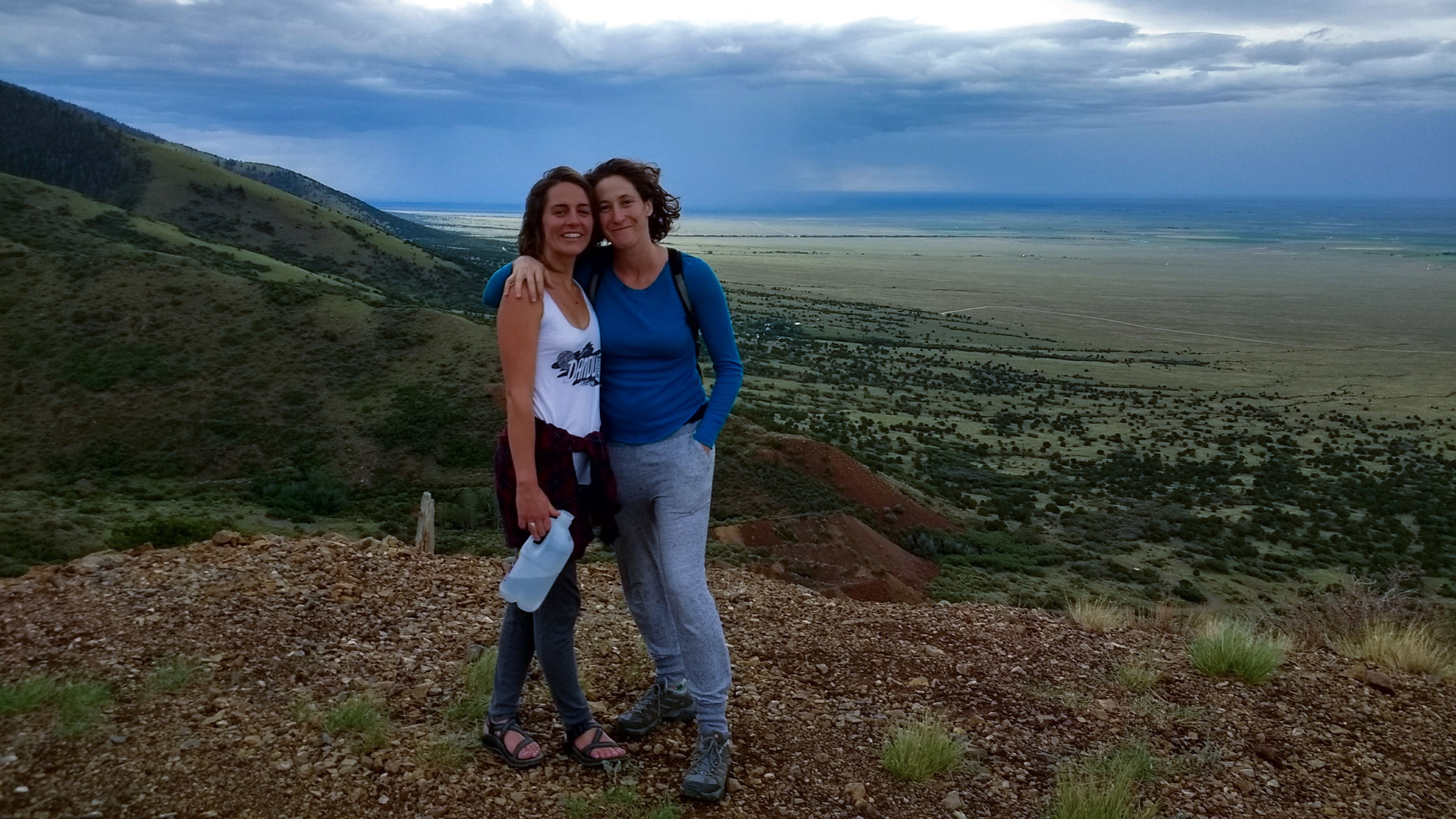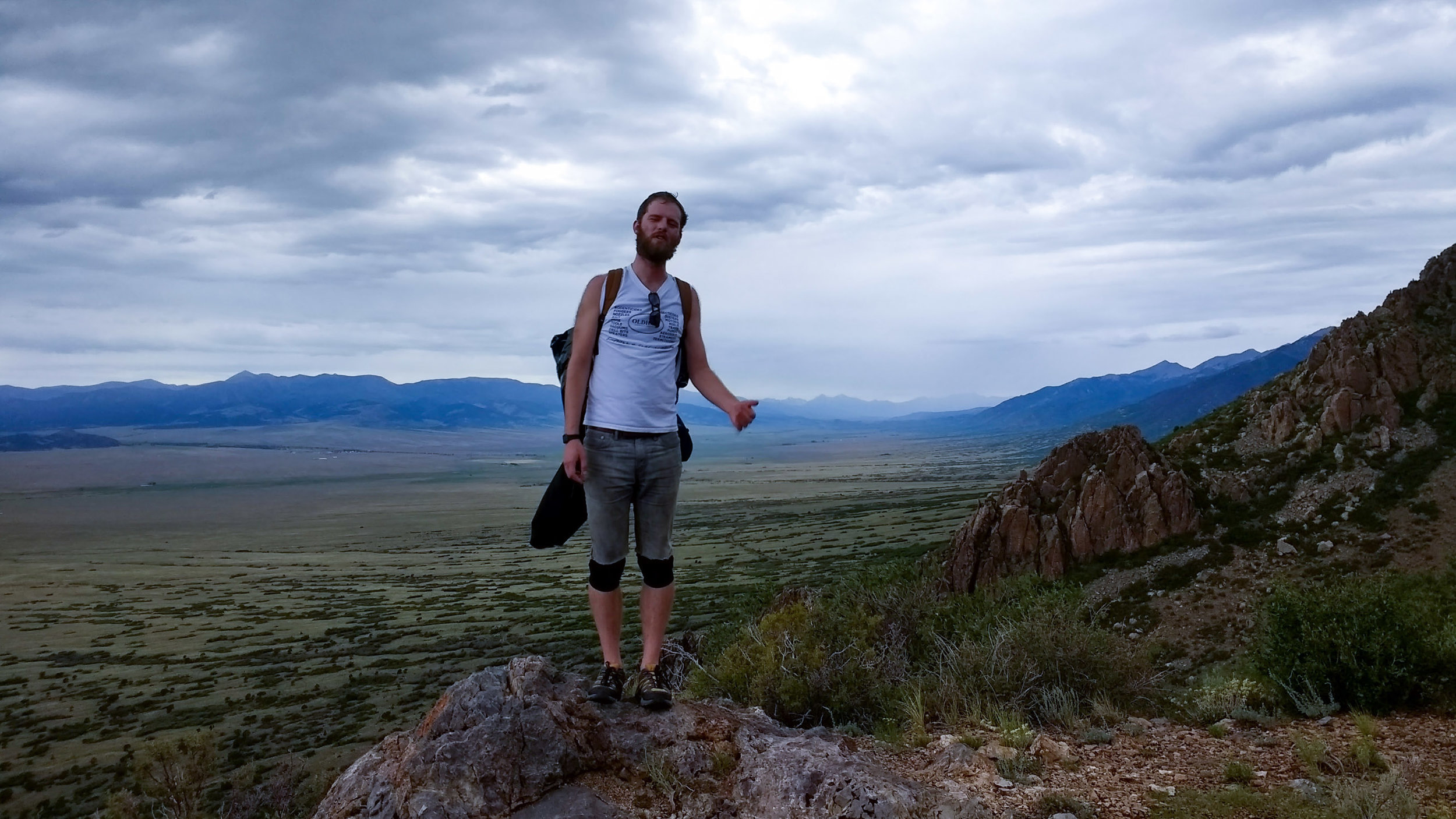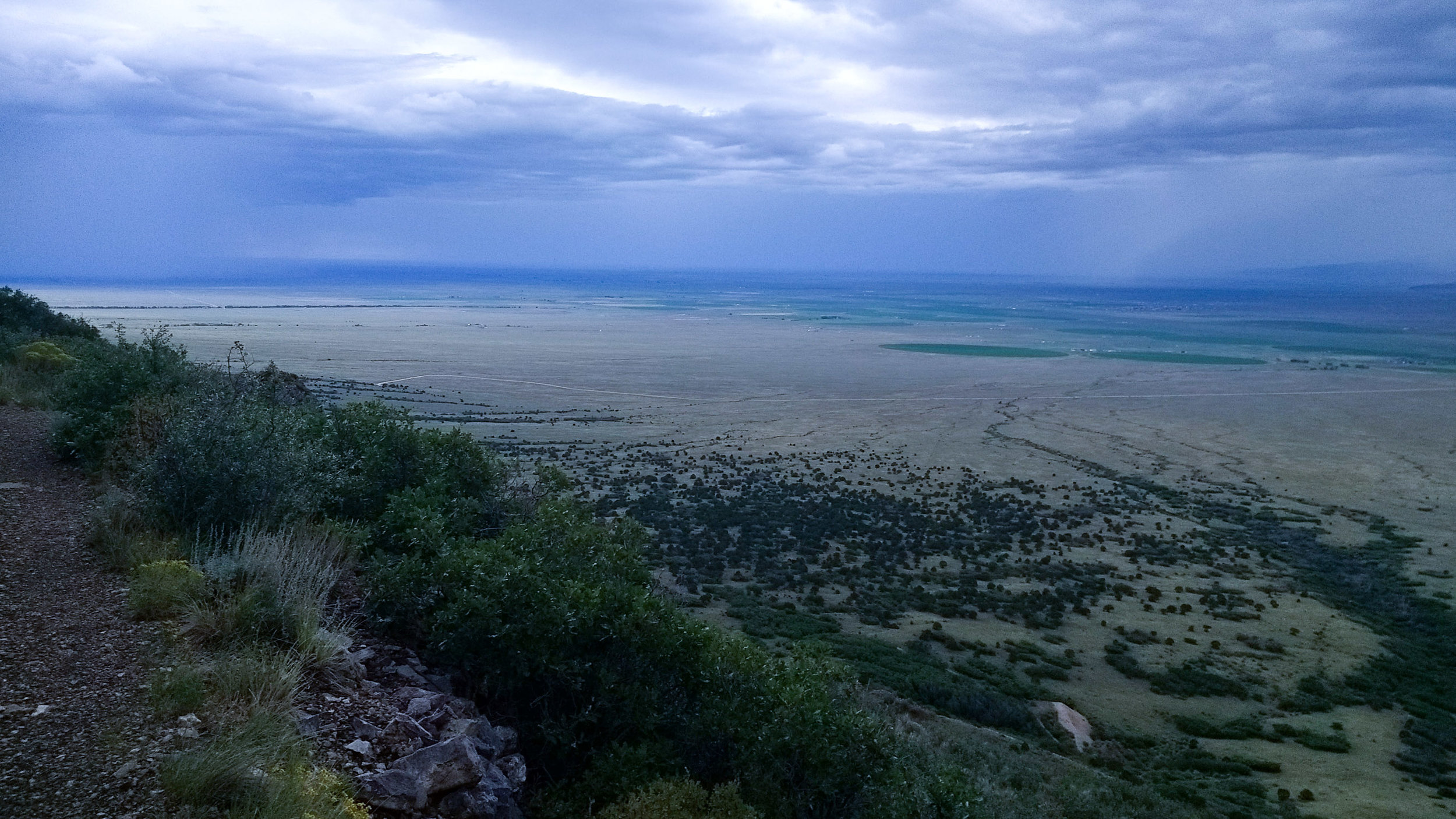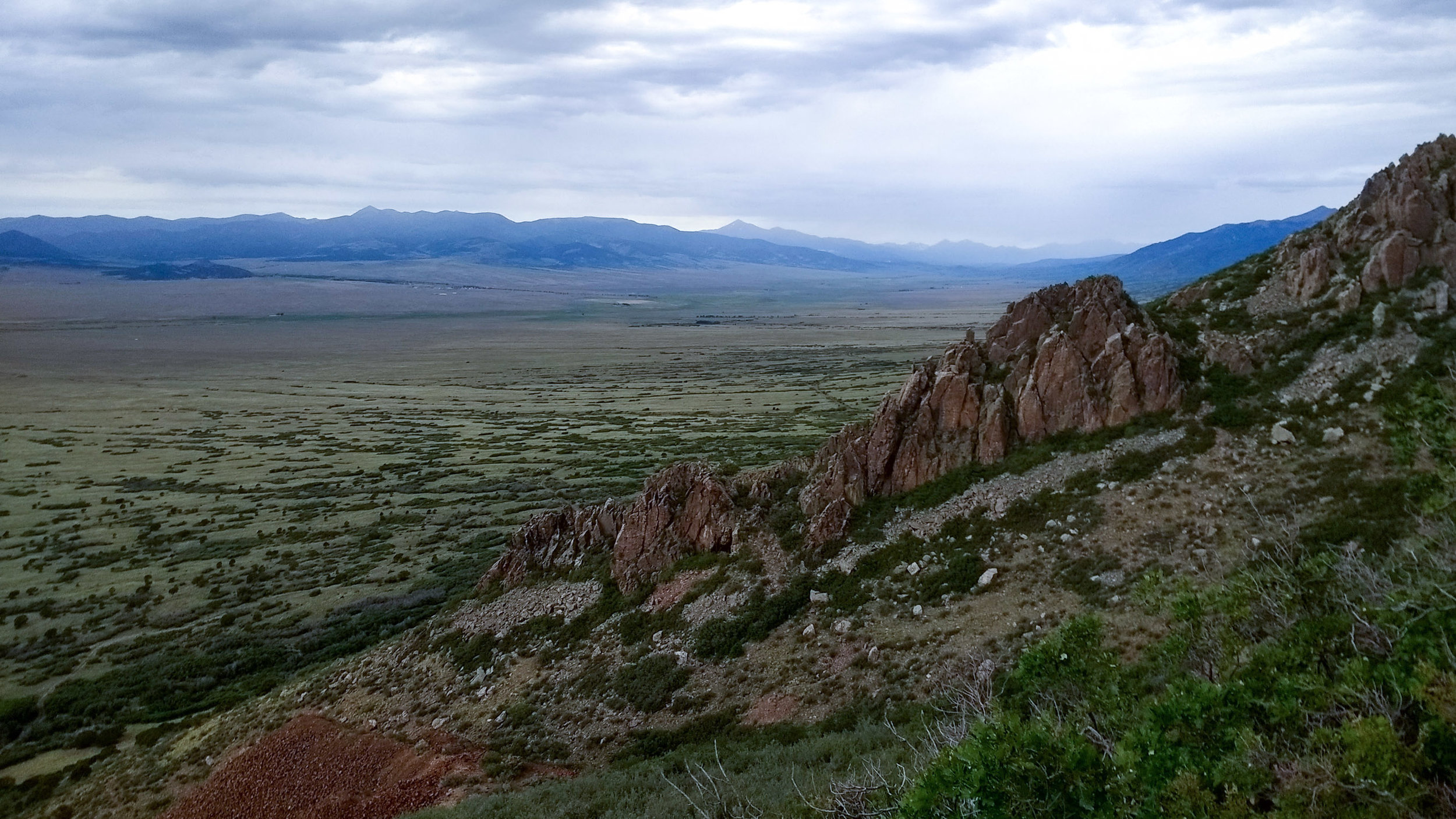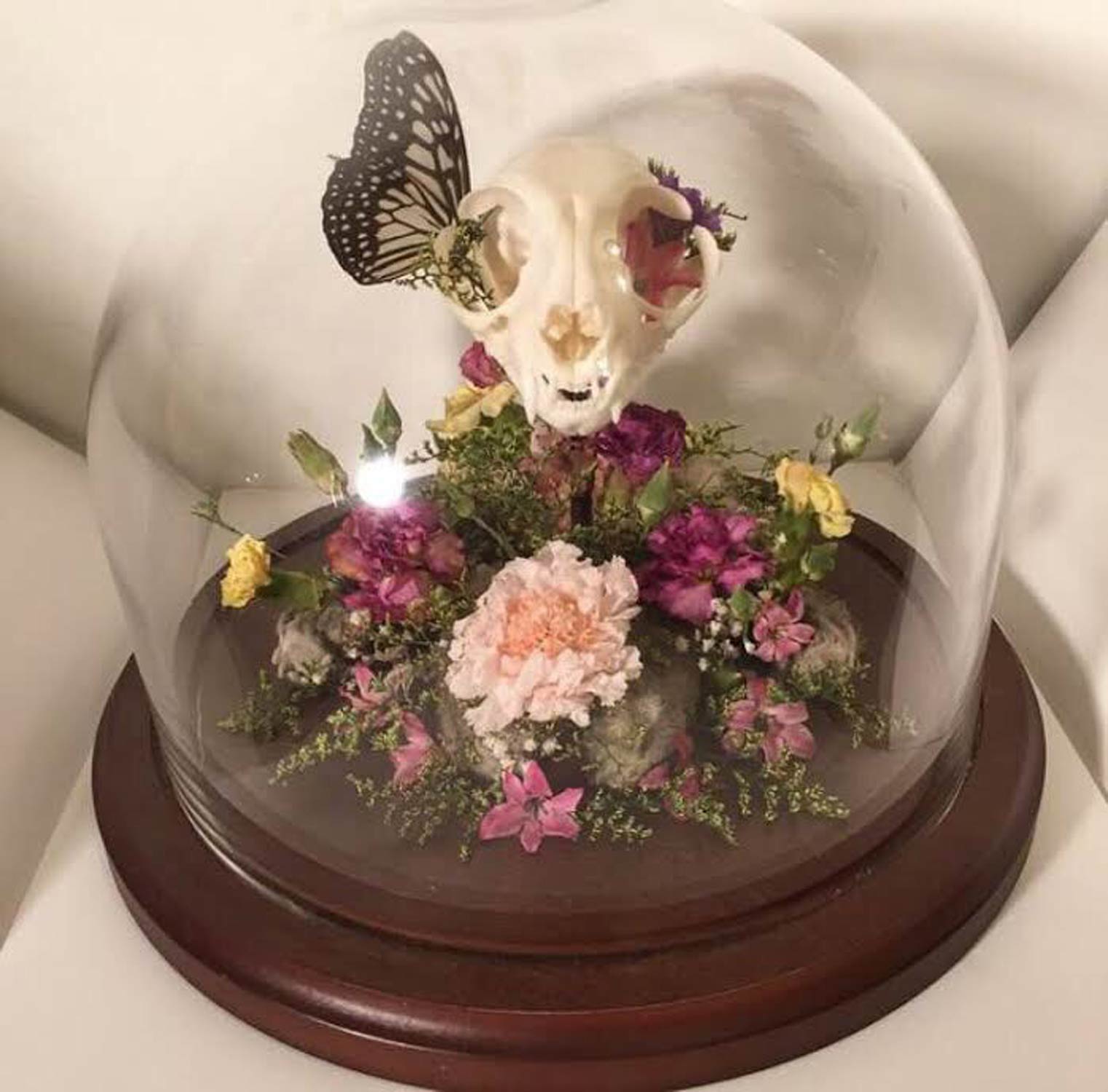HBM102: Breath Holder
/Archer Mayo has always loved finding lost things. He grew up on several navy bases and spent much of his childhood swimming and looking for human detritus–sunglasses, teacups, glass bottles. That’s why he takes such delight in searching for old lead weights in the murky waters of the Columbia River in Washington state.
Archer is a free diver and uses no breathing apparatus when he dives. He just holds his breath and gives in to his mammalian dive response. It’s a reflex that allows mammals to hold their breath underwater longer by slowing the heart rate and shifting blood from the limbs to the torso. “Once my mammalian dive response kicks in... I feel much more calm and centered.” Archer says, “I call it ‘The Flip’.”
Archer envies whales and dolphins for living in a world that seems weightless. He can only go so long living as a bipedal mammal on the surface before he feels the urge to dive again.
In this episode, HBM producer Bethany Denton watches from a river bank as Archer dives just outside of his home in White Salmon, Washington.
Producer: Bethany Denton
Editor: Bethany Denton
Music: Circling Lights, The Black Spot








